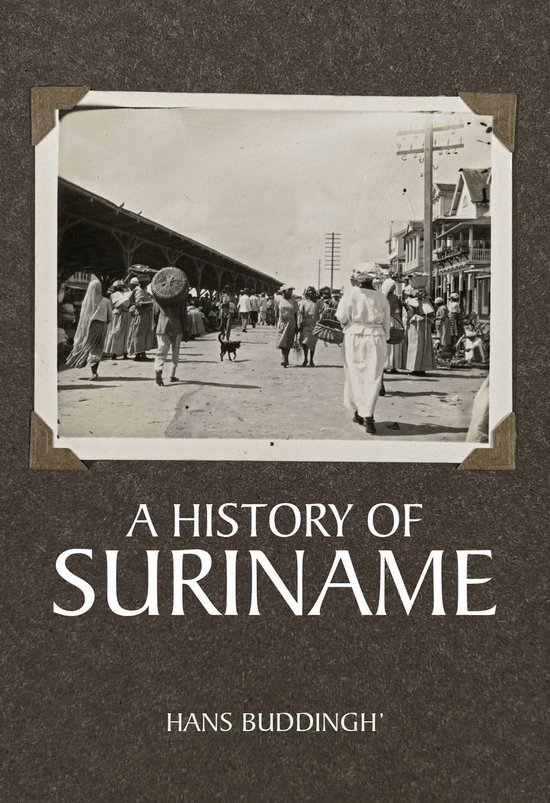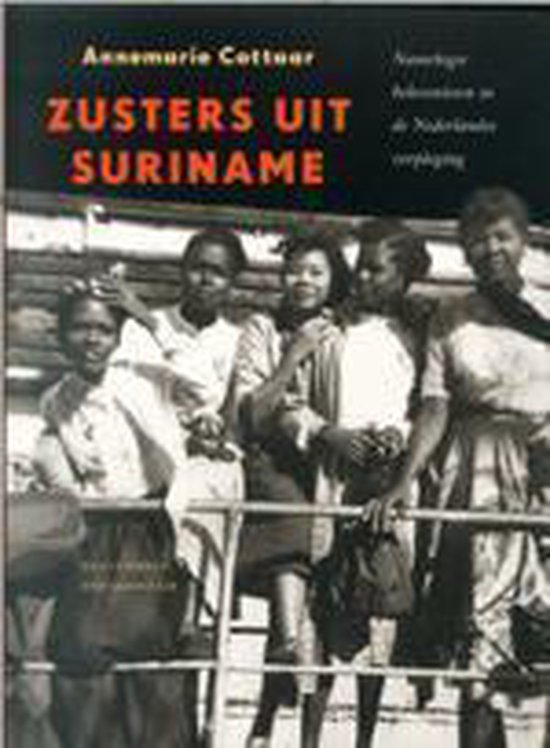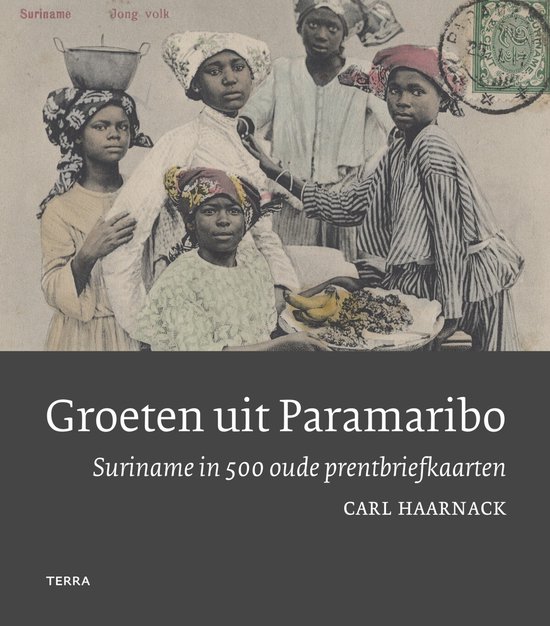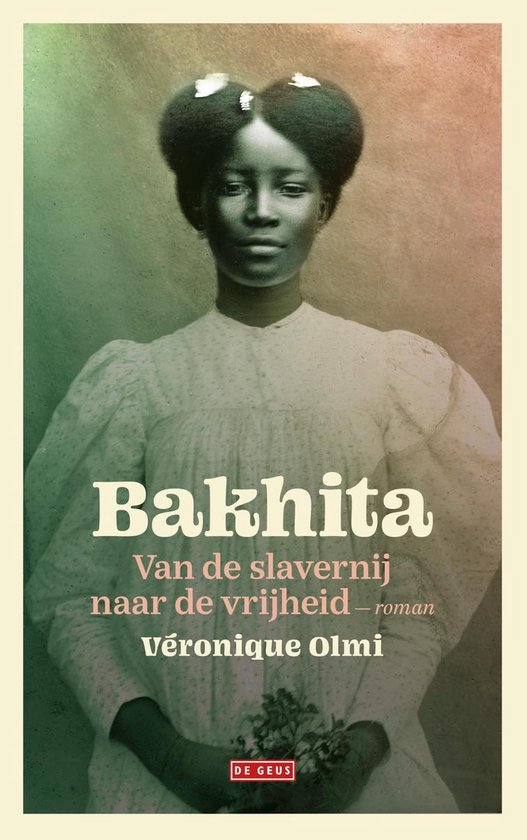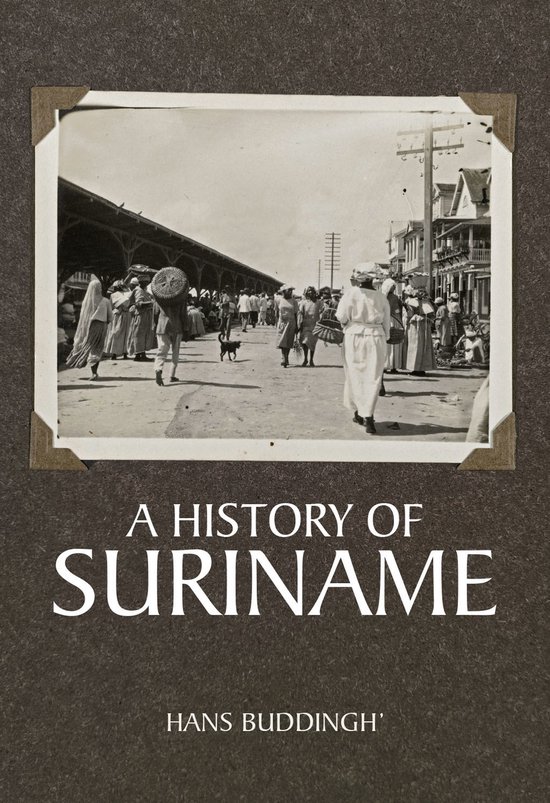
A History of Suriname
A History of Suriname presents the first comprehensive overview in English to cover the distant past as well as current events in the former Dutch colony located on the Wild Coast of South America where Spanish and English adventurers once presumed El Dorado. This study concerns original Indigenous inhabitants, the arrival of enslaved Africans who toiled away on plantations, the colonial economy with its trade relations with both Europe and North America, the immigration of Asian indentured labourers, to conclude with more recent events of the 20th and 21st century. The present publication offers an exceptionally profound insight into the socio-political developments of a multi-ethnic nation. In spite of intercultural tensions, Suriname’s capital Paramaribo houses a synagogue and a mosque harmoniously located right next to each other. While rather similar Caribbean states are also referred to, special attention is further paid to the remarkable struggle of the Maroons, those rebellious slaves who fled plantations, created their own communities deep in the jungle and preserved elements of their time-honoured West African culture. Maroons in part continue to reside in traditional villages, while their socio-political emancipation on a national level takes shape. In recent years, Suriname has attracted further attention from the outside world after a military coup staged during the 1980s caused Suriname to transform into a narcocracy with strong populist traits. Between 2010 and 2020, the initiator of this putsch officiated as the democratically elected president. Suriname was thus the only country in the world led by a head of state who had been convicted of drug trafficking, was on trial for multiple political assassinations and then convicted of this crime while still in office. How could all this happen? A History of Suriname attempts to answer that as well as many other questions.
| Auteur | | Hans Buddingh’ |
| Taal | | Engels |
| Type | | Paperback |
| Categorie | | Geschiedenis |
